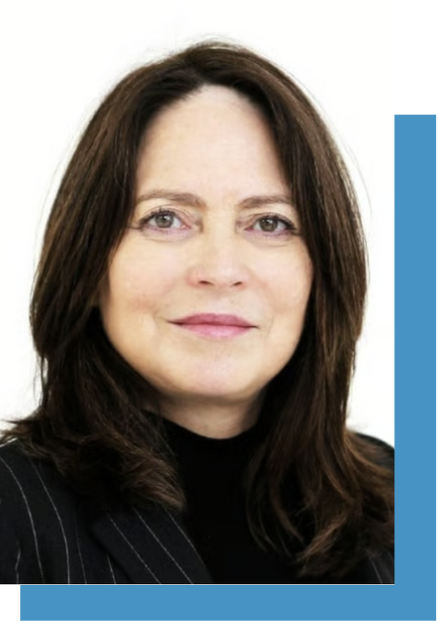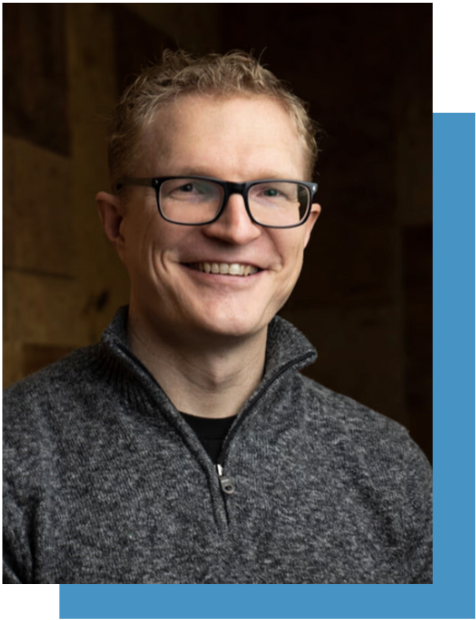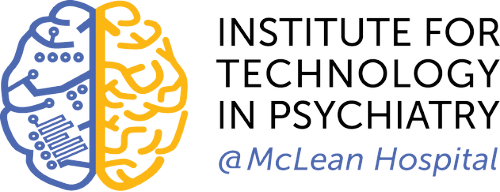2025 keynote speakers


Pattie Maes, PhD
Germeshausen Professor of Media Arts and Sciences
MIT
Pattie Maes is the Germeshausen Professor of Media Arts and Sciences at the MIT Media Lab where she does research at the intersection of Human Computer Interaction and Artificial Intelligence. She is also an affiliated faculty member at MIT’s center for Neuro-Biological Engineering. Maes pioneered the concept of Software Agents in the 90s and remains focused on the question of how computer systems and digital devices might augment people and assist them with issues such as memory, learning, decision making, health and wellbeing. Maes is the editor of four books, has published over 500 peer-reviewed articles, and is an editorial board member and reviewer for numerous professional journals and conferences. In addition to her academic endeavors, Maes has been an active entrepreneur as co-founder of several venture-backed companies, including Firefly Networks (sold to Microsoft), Open Ratings (sold to Dun & Bradstreet) and Tulip Co (privately held).

Isaac Galatzer-Levy, PhD
Senior Staff Research Scientist
Google DeepMind
Isaac Galatzer-Levy is a Senior Staff Research Scientist at Google DeepMind, leading research on using sensors, algorithms, and artificial intelligence (AI) for psychological applications, such as measurement and health agent development. In addition, as an Adjunct Assistant Professor at NYU Grossman School of Medicine, his research focuses on applying machine learning to predict and characterize traumatic stress responses using multimodal signals, including epigenetics and video. He has authored over 100 peer-reviewed articles and holds patents for mental health measurement and delivery technologies.

Derrick Hull, PhD
Founding Clinical Lead
Slingshot AI
Derrick Hull is a Columbia-trained clinical psychologist and Founding Clinical Lead at Slingshot AI, where he guides the development of Ash, the first AI foundation model designed for therapy. Previously, he led clinical R&D at Talkspace, helping make message-based therapy a mainstream model of care, and held innovation roles at Noom, Mindbloom, and Hero Journey Club. His research has been published in Nature, JAMA, PNAS, and Oxford University Press, with support from NIH grants. Across his career, Dr. Hull has focused on blending rigorous science with technology to expand access to effective, ethical mental health care.
